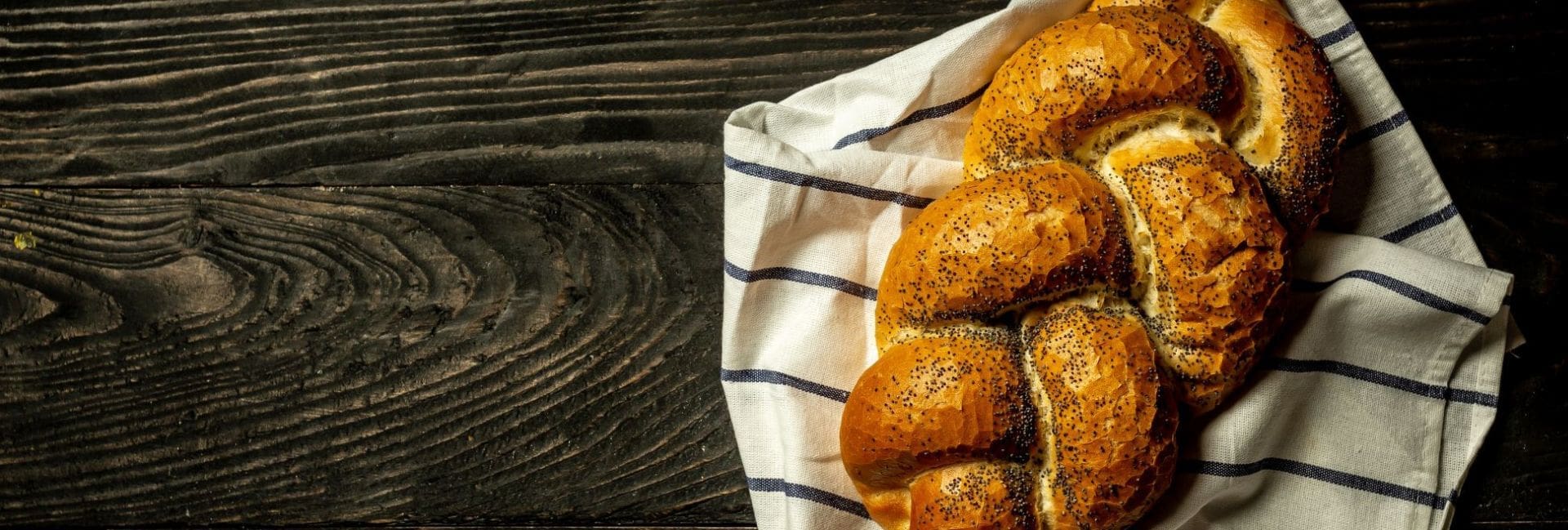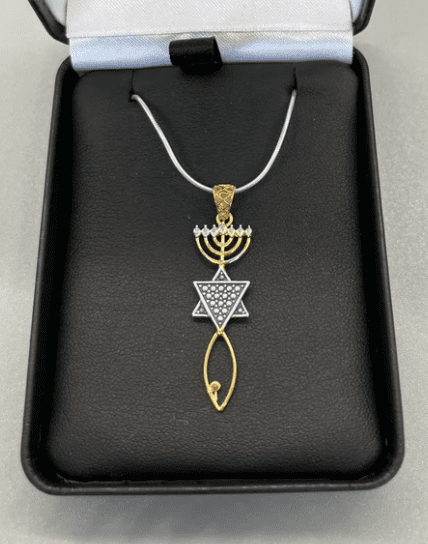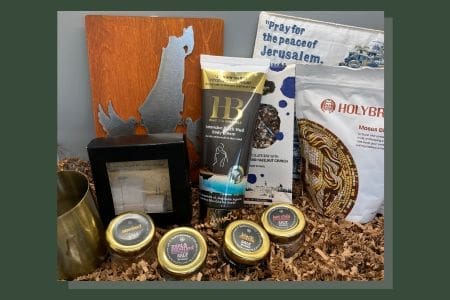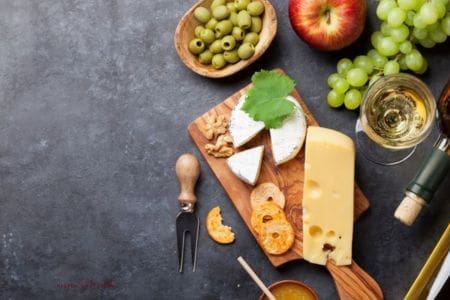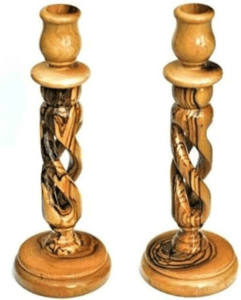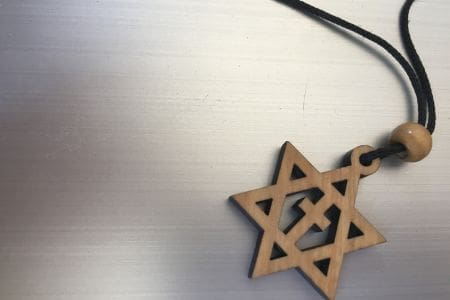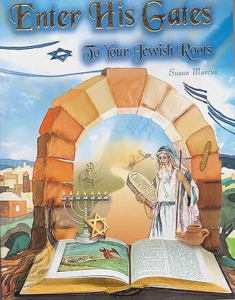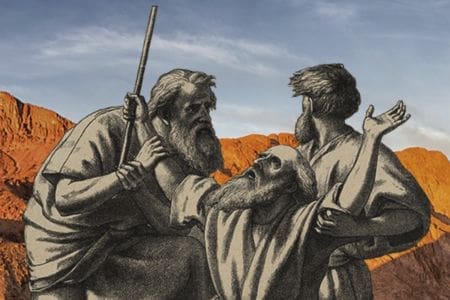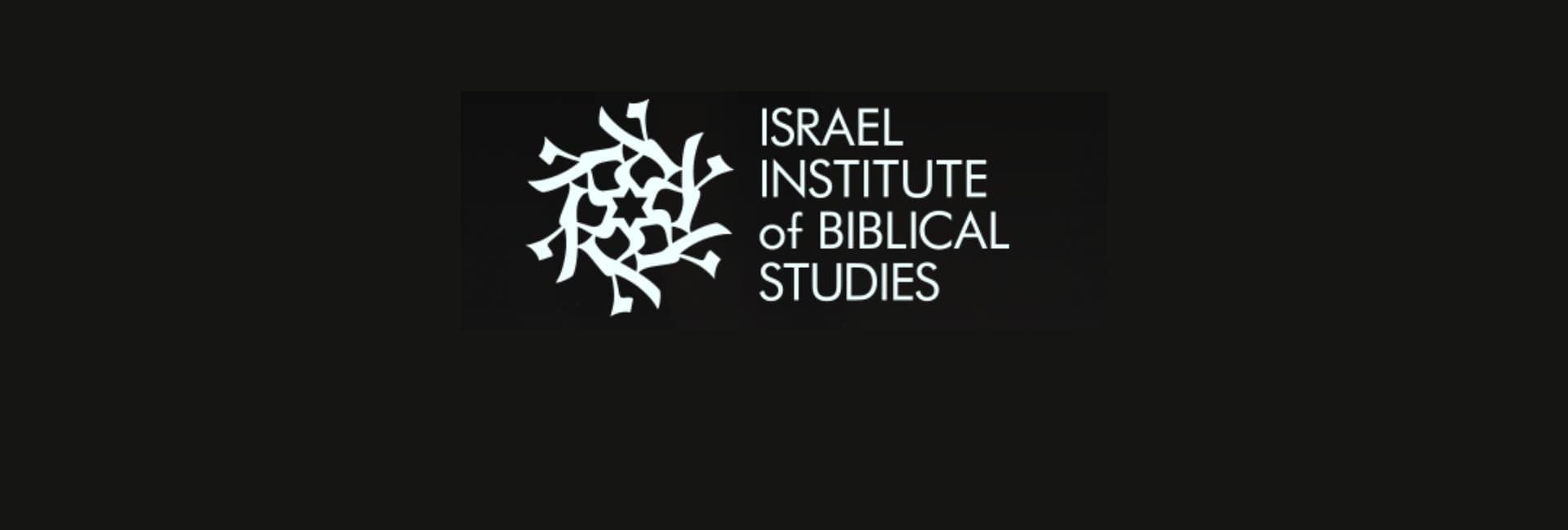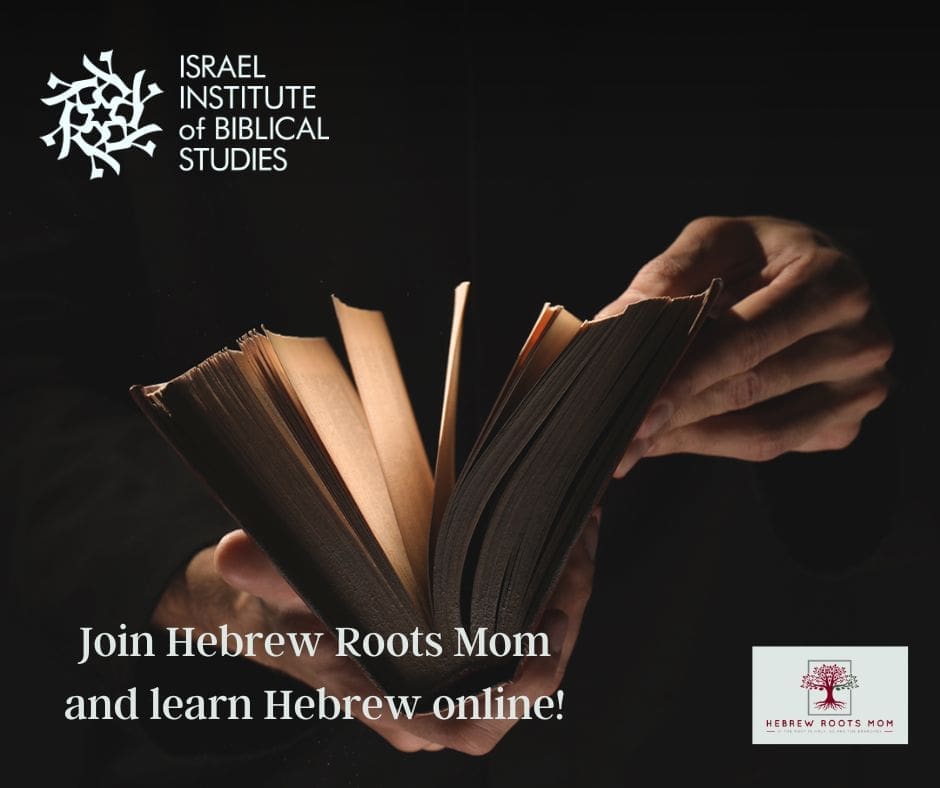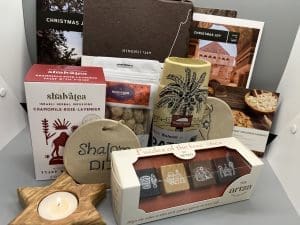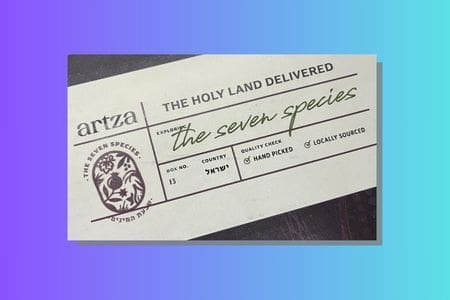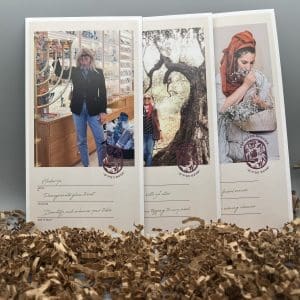What is the New Covenant?
Do you know what the New Covenant is?
As often as we talk about the New Covenant as Believers, we should have a concise answer to this question. But if you search for the answer on the internet, you’ll come up with varying results that sometimes even conflict!
The concept of the New Covenant is pivotal to our faith, so we need to understand it. We need to search for the answer in the source of ultimate truth, the one that never conflicts and is always correct – the Bible.
A covenant
A covenant is an agreement, a promise, between two parties. The difference between a covenant and other agreements is that a covenant is binding. It’s a serious agreement to enter into, and the consequences for breaking it are devastating.
Paul reveals that it was understood that covenants, even those between humans, were permanent (Gal. 3:15). We even have a permanent covenant in our culture today—marriage. It’s understood that marriage is (ideally, anyway) a permanent covenant that should never be broken.
What is the Old Covenant?
To begin a discussion on the New Covenant, we must first clearly understand what the Old Covenant is.
What we call the Old Covenant is the set of laws God gave to Moses on Mount Sinai. These laws were written on stone tablets, and the Hebrew people agreed to follow them (Exodus 24). God said there would be blessings if the people upheld their side of this covenant and curses if they didn’t (Deut. 11:26). God’s side of the covenant was the blessing, and the people’s side was to obey the laws.
What was wrong with the Old Covenant?
Why did the Old Covenant need to be replaced? Did God make a faulty covenant? What was wrong with it?
We know there was nothing wrong with the Old Covenant because God made it. The Bible tells us that the covenant, the Laws God gave His people, were flawless (Ps. 19:7) and that they never change (Ps. 19:9, 89:34). So, why did a New Covenant need to be made?
Jeremiah 3 tells a heartbreaking story of God’s people breaking the covenant. They agreed to it in Exodus but didn’t keep their end of the bargain, and they broke the promise, the covenant God made with them. Notice that God didn’t make changes to the covenant. It was the other side – the people – that made the change. They didn’t keep it.
For a covenant to stay in place, both parties need to keep their side of it. Think about marriage, for example. If the husband stays fully committed, but the wife decides she’s instead going to see other people, the whole covenant has fallen apart. One spouse’s commitment isn’t enough to keep a marriage covenant together.
A total commitment from both parties is necessary for a covenant to stay in place, and it’s the same with the Old Covenant. God remained fully committed to the covenant terms, but the people did not (Jeremiah 31:34), so the covenant became faulty.
The New Covenant
In His grace, our God decided to solve this tragedy by making a new covenant. Isn’t it incredible that we have a patient and loving God providing a second chance to His people, even though they break their promises? What incredibly blessed people we are!
The New Covenant is described in Jeremiah 31.
“But this is the covenant which I will make with the house of Israel after those days,” declares the LORD, “I will put My law within them and on their heart I will write it; and I will be their God, and they shall be My people. They will not teach again, each man his neighbor and each man his brother, saying, ‘Know the LORD,’ for they will all know Me, from the least of them to the greatest of them,” declares the LORD, “for I will forgive their iniquity, and their sin I will remember no more.”
Jeremiah 31:34, (NASB)
In the verse above, God explains that the New Covenant is when He will write His Law on Israel’s hearts. That’s the definition of the New Covenant—the Law written on our hearts. He also says that He will forgive them for breaking the first covenant.
Notice God did not say He would change the Law or do away with it. All He changed was the location of the same Law He had given in the Old Covenant. He expected Israel (see what Gentile Believers have to do with Israel here) to obey the Old Covenant laws, but this time, these laws would be part of them!
This lack of abolishing the Law is confirmed in Ezekiel 11 when God explains that we will be given a new heart so that we will walk in His statutes and keep His ordinances and do them (Eze. 11:19-21). Again, the New Covenant includes us keeping the laws of the Old Covenant.
Jesus as the New Covenant
Often, when people explain the New Covenant, they say that it’s Jesus’s death for our sins. Because of his sacrifice, we now live under grace and are no longer under the Law.
This explanation is partially correct. Here’s what Jesus has to do with the New Covenant.
- It is his blood on which the New Covenant is based.
- He’s the guarantor (representation, mediator) of our side of the New Covenant.
A covenant based on blood
The New Covenant is based on Jesus’s blood, but did you know that the Old Covenant was also legitimized by blood?
So Moses took the blood and sprinkled it on the people, and said, “Behold the blood of the covenant, which the LORD has made with you in accordance with all these words.”
Exodus 24:8, (NASB)
When a New Covenant was to be made, blood was also needed. Jesus provided this necessary blood. Because of his sacrifice, we enter into the New Covenant. We accept the gift of God’s Spirit, and with that, we accept the Law written on our hearts.
Notice again that there was no change to the Law between these two covenants. Now that Jesus’s blood was spilled, the New Covenant could go into effect; as Jesus says in Acts 1:4-8, the Spirit would come after he left Earth. Along with the Spirit would come the Law, now written on our hearts instead of stone tablets.
Jesus as our representation
The New Covenant is made between God and us, but Jesus shows up to represent Believers in this covenant. Although we may break God’s Law, Jesus never did. We would have destroyed the New Covenant as well, even after the Law was written on our hearts, but we’re represented by Jesus in the New Covenant instead of ourselves. Because of his representation, we’re technically keeping our side of the New Covenant.
Does this mean we abandon God’s commands? If Jesus covers us and keeps our side of the covenant for us, why should we concern ourselves with God’s Laws?
When we recognize what Jesus has done for us, it should encourage us to follow him. We have been given an incredible gift, and we would be like spoiled rotten children if we were to accept the gift of forgiveness and then turn our backs on what Jesus and God instruct us to do with our lives!
Once we realize the mercy we’ve been given in forgiveness for not keeping God’s Law, we need to change our lives to follow Jesus and align our lives with the way God instructed us to live. Jesus taught us that we’re to obey God’s commands. Here are some of his quotes.
“Do not think that I came to abolish the Law or the Prophets; I did not come to abolish but to fulfill. For truly I say to you, until heaven and earth pass away, not the smallest letter or stroke shall pass from the Law until all is accomplished. Whoever then annuls one of the least of these commandments, and teaches others to do the same, shall be called least in the kingdom of heaven; but whoever keeps and teaches them, he shall be called great in the kingdom of heaven.
Matt. 5:17-19, (NASB)
And someone came to Him and said, “Teacher, what good thing shall I do that I may obtain eternal life?” And He said to him, “Why are you asking Me about what is good? There is only One who is good; but if you wish to enter into life, keep the commandments.”
Matt. 19:16-17, (NASB)
“He who has My commandments and keeps them is the one who loves Me; and he who loves Me will be loved by My Father, and I will love him and will disclose Myself to him.”
John 14:21, (NASB)
If you keep My commandments, you will abide in My love; just as I have kept My Father’s commandments and abide in His love.
John 15:10, (NASB)
So, what is the New Covenant? It’s the Law, now written on our hearts. To help us keep our side of this covenant, we have Jesus, whose blood seals it. We are blessed to have a God who loves us enough to give us a second chance and make communion with Him accessible even to us mortals! Hallelujah!





